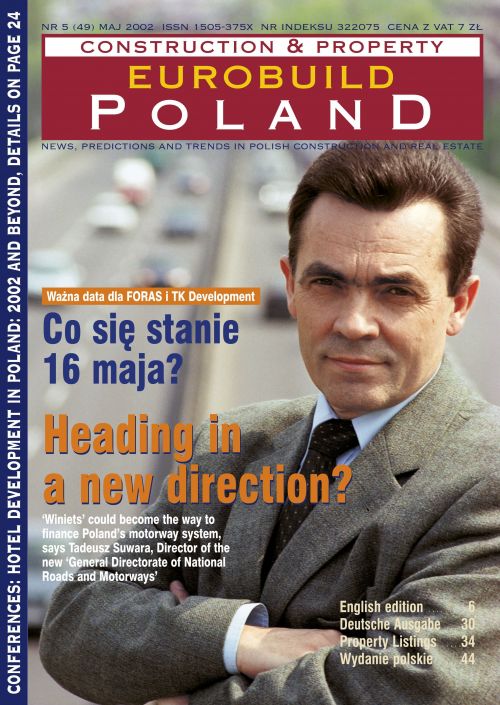Steven Shone, Managing Partner of law firm CMS Cameron
McKenna, the only property lawyer in Poland rated by 'European Legal 500'
as ,highly recommended", has practised real estate and construction law in
Poland since 1992.
Apart from one year practising criminal law upon qualification,
Steven Shone has been involved in real estate and construction for the best
part of his life. His father owned a building company for which he often worked
as a labourer. He has, he says, ,carried a few thousand bricks" in his time.
It was the property crash in the UK that brought him over to Poland in 1992,
with a plan to represent local authorities rather than private investors.
But things turned out a little differently than planned. ,We saw the opportunities
very much in terms of urban regeneration," he says. ,But of the hundreds
of instructions we've had since then, only three have been according to the
plan." Like his competitors, Shone has worked mainly for the private sector.




























































